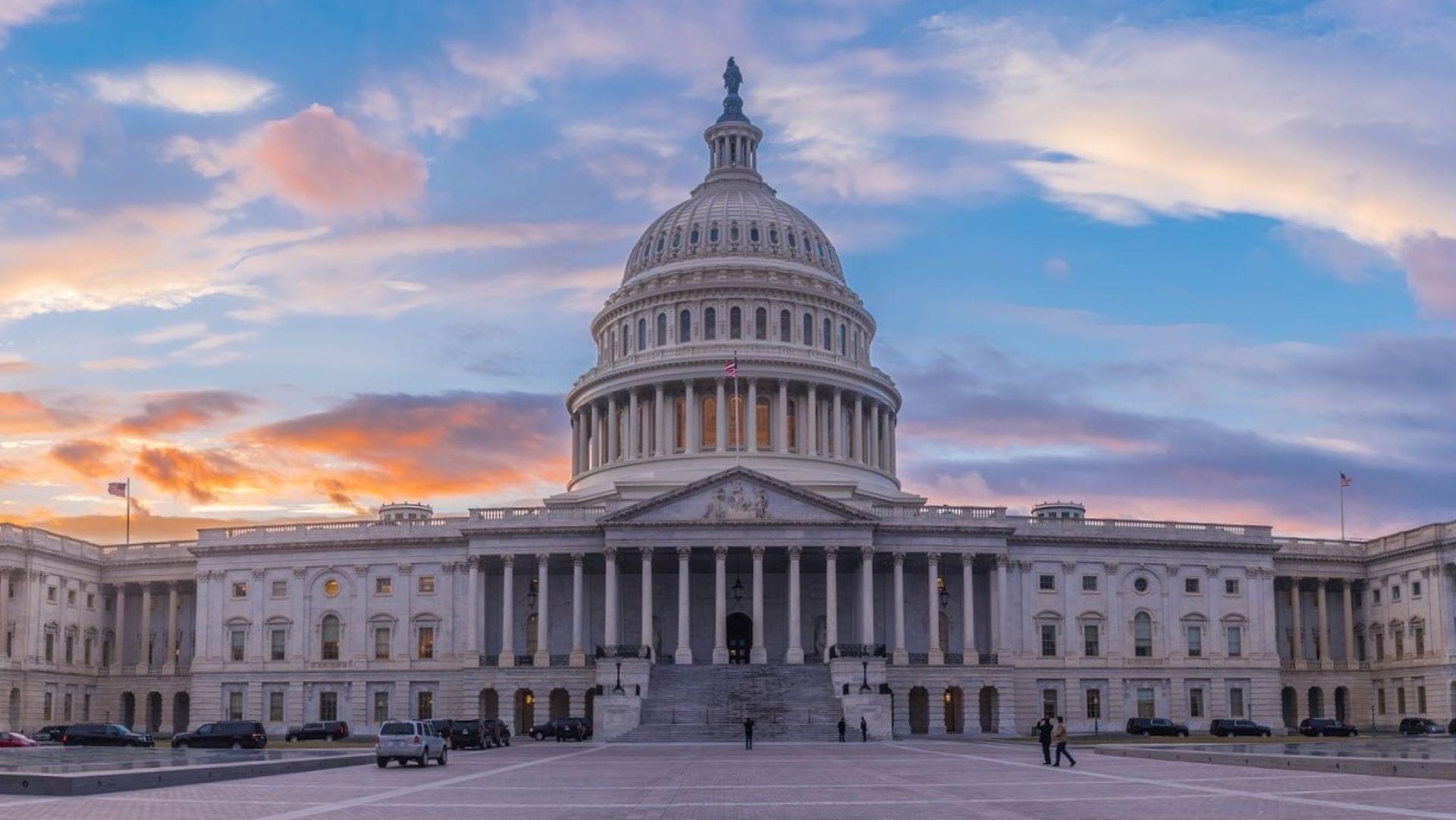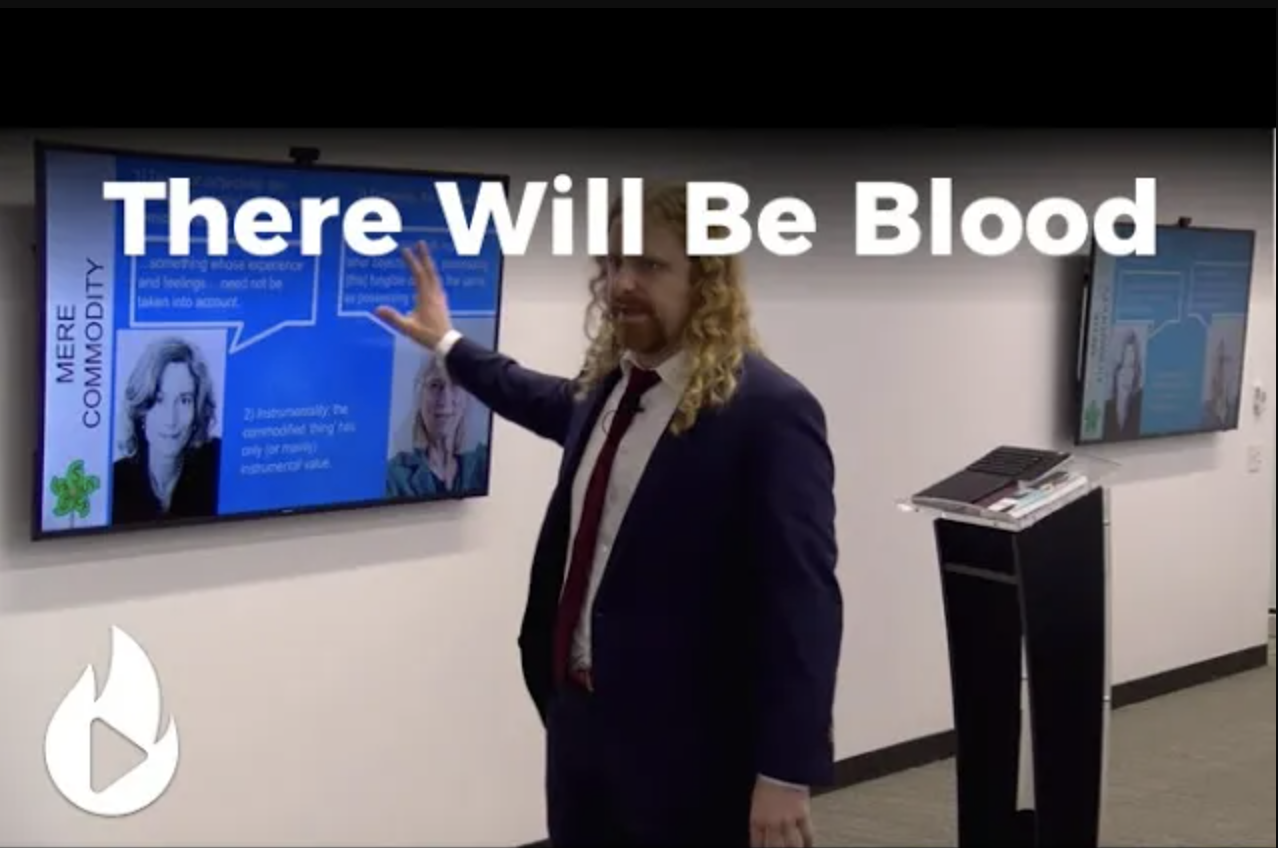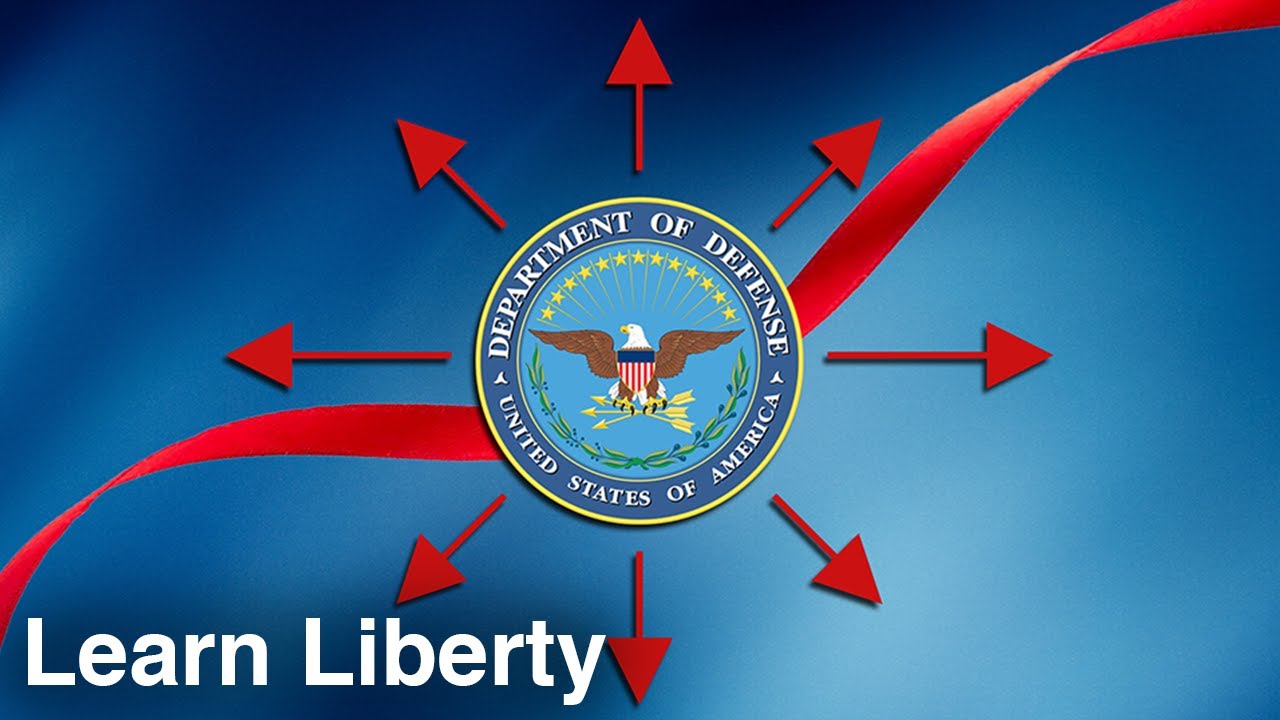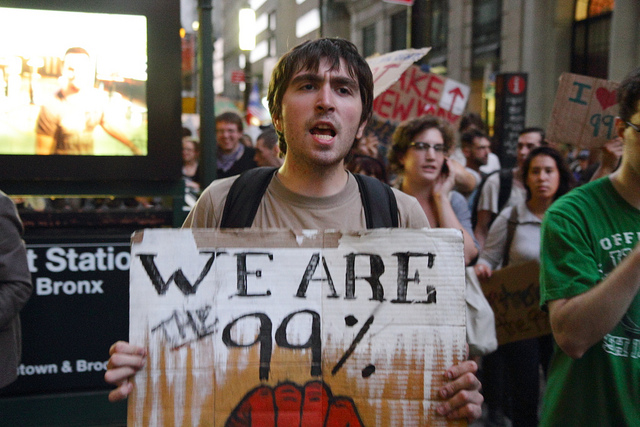Category:Politics & Policy


The U.S. Constitution and the right to privacy
May 17, 2022 | Post
The right to privacy and freedom of contract are not explicitly mentioned in the Constitution but are essential to our personal privacy and dignity

The regressive aspects of progressive economic policies
April 14, 2022 | Post
Despite the name, progressive economic policies actually end up having regressive effects. Let’s consider a couple of examples

Ukraine’s foreign policy is a matter for Ukrainians, not Putin
February 10, 2022 | Post
As a sovereign and independent nation, Ukraine’s foreign policy is not a matter to be determined by Vladimir Putin, the United States, or the European Union

What’s been happening with the protests in Kazakhstan?
January 14, 2022 | Post
In recent weeks, the Central Asian nation of Kazakhstan has seen anti-government protests on a scale not seen during its three decades of independence

Liz Cheney proves we can’t trust the right to support free speech
May 13, 2021 | Post
Liz Cheney maintaining her position with the GOP was contingent on an unspoken agreement that she’d stop publicly disagreeing with Donald Trump over the validity of the 2020 election. Cheney did not do this. Instead, in her defiance, she has highlighted exactly why those who love and seek to protect freedom of speech shouldn’t count on the GOP or the right to maintain it.

“There Will Be Blood” — The Ethics of Compensation for Bodily Fluids
January 11, 2018 | Video
Is human blood a “public resource”? Prof. Peter Jaworski argues that your bodily fluids belong to you, and governments should let you sell them.

Steven Pinker: Political Correctness Might be Redpilling America
January 2, 2018 | Video
Harvard psychology professor Steven Pinker argues that political correctness actually breeds the very same extremist views it hopes to quash. Excerpted from Spiked Magazine’s ‘Unsafe Space Tour’ panel discussion at Harvard University.

Spiked Magazine Panel – "Is the Left Eating Itself?"
November 27, 2017 | Video
Is “the Left” eating itself? Watch the Unsafe Space Tour panel discussion at New York Law School, featuring Professors Bret Weinstein, Laura Kipnis, Angus Johnston, and author Brendan O’Neill. Moderated by Tom Slater (of Spiked Magazine).

College and Housing Bubbles
October 23, 2017 | Video
Remember the mid-2000s housing crash that wiped out homeowners? Well, there’s another bubble getting ready to pop, and this one’s in student debt. Prof. Antony Davies explains.

Professor Mark Lilla: Politics Isn’t About Identity, It’s About Winning
October 19, 2017 | Video
Professor Mark Lilla of Columbia University makes the case that when people become too wrapped up in identity politics, they can lose sight of how to affect the change they want to see in society.

10 Myths About Government Debt
October 16, 2017 | Video
Myth 1 is that the government owes “only” $20 trillion. (In reality, it’s much more.) But luckily, Myth 10 is that there’s no way to fix this problem…

Spiked Magazine Panel – "Identity Politics: The New Racialism on Campus?"
October 13, 2017 | Video
Does Identity politics cut us off from important conversations on issues that affect us all? Watch the Unsafe Space Tour panel discussion at Rutgers University featuring Kmele Foster, Sarah Haider, Bryan Stascavage, and Mark Lilla. Moderated by Tom Slater (of Spiked Magazine).

What politicians really mean when they say they're pro-business
September 18, 2017 | Post
Whenever a politician claims to be pro-business, stop to look at what they actually mean by it. The approach makes all the difference.

Reddit AMA with Professor Ilya Somin of George Mason University
September 12, 2017 | Post
Ilya Somin is Professor of Law at George Mason University. His research focuses on constitutional law, property law, and the study of popular political participation.

Why Government Agencies Grow Year After Year
July 17, 2017 | Video
Prof. Abby Hall explains why government agencies have an “incentive to expand.” Dave Rubin asks if we can roll them back.

We should DO something!
December 7, 2015 | Post
Shamans knew they could bend the credulous to their will (and make a boatload of money) if the shaman could predict something like a storm, or an eclipse. “This very evening, the Night Wolf will devour the Moon Virgin! But if you pay me many coins of silver, I will force Night Wolf to cough […]

Greece Should Default
November 2, 2015 | Post
Newly reelected Greek Prime Minister Alex Tsipras expects that by early 2017 Greece will be able to access bond markets, from which it has been virtually cut off since it lost investor confidence in 2010. If it is unable to meet this timeline, it will be forced to rely on further bailouts or go bankrupt. […]

Featured On Demand Program of the Week: The Immigration Debate
November 2, 2015 | Post
With presidential contenders like Donald Trump and Bernie Sanders making a fuss about foreign laborers coming to the country and depressing wages or murdering our women and children immigration reform has once again moved to the front lines of presidential politics. Have you ever wanted to cut through the demagoguery and fear-mongering and get plain […]

‘Loonie’ Canadians Elect Spendthrift Regime Despite Success with Cutting Spending
November 2, 2015 | Post
Last week, Canada elected a new Liberal Prime Minister, Justin Trudeau, who has vowed to massively boost public spending and run several years of deficits, arguing that the “infrastructure deficit” is bigger than the fiscal deficit. He claims that such stimulus spending will spur economic growth. But in the video below, economist Stephen Davies looks […]

Republican Debate: More of the Same?
October 29, 2015 | Post
Last night’s Republican debate was two hours of 10 candidates doing their best to distinguish themselves from the many people hoping to win the 2016 presidential election. While there were some generally agreed-upon winners (Marco Rubio and Ted Cruz) and losers (Jeb Bush, and for some the CNBC moderators), the debate itself was underwhelming. Was […]

New York Times’ Solution to Fiscal Problems: Eat the Rich
October 28, 2015 | Post
The New York Times came out with an article last weekend claiming how much good raising taxes on the country’s wealthiest could do: [W]hat could a tax-the-rich plan actually achieve? As it turns out, quite a lot… the government could raise large amounts of revenue exclusively from this small group, while still allowing them to […]
Deficit Day
October 27, 2015 | Post
What happens when the government spends all of the tax revenue it collects? In 2013, the U.S. budget deficit was $680 billion dollars! Who eventually pays for this difference in tax revenue and government spending? Professor of Economics at Duquesne University Antony Davies explains in the following video on the worst fiscal milestone of every […]

Leave Maternity Leave Alone!
October 23, 2015 | Post
Washington D.C. council members introduced legislation that would provide 16 weeks of paid parental leave to almost all employees in the District — paid for by a new tax on private D.C. employers. The proposal has been greeted positively by the media, which frequently point out that the U.S. is one of the only countries […]

Bureaucratic vs business management in health care
October 19, 2015 | Post
The health care debate has been long on hysterics and short on useful analysis. Incendiary and counterproductive rhetoric about socialism, Nazis, and death panels from some corners notwithstanding, critics of socialized medicine raise an important question with uncomfortable answers: in the absence of profits, losses, and prices, how will decisions about the production and allocation […]

